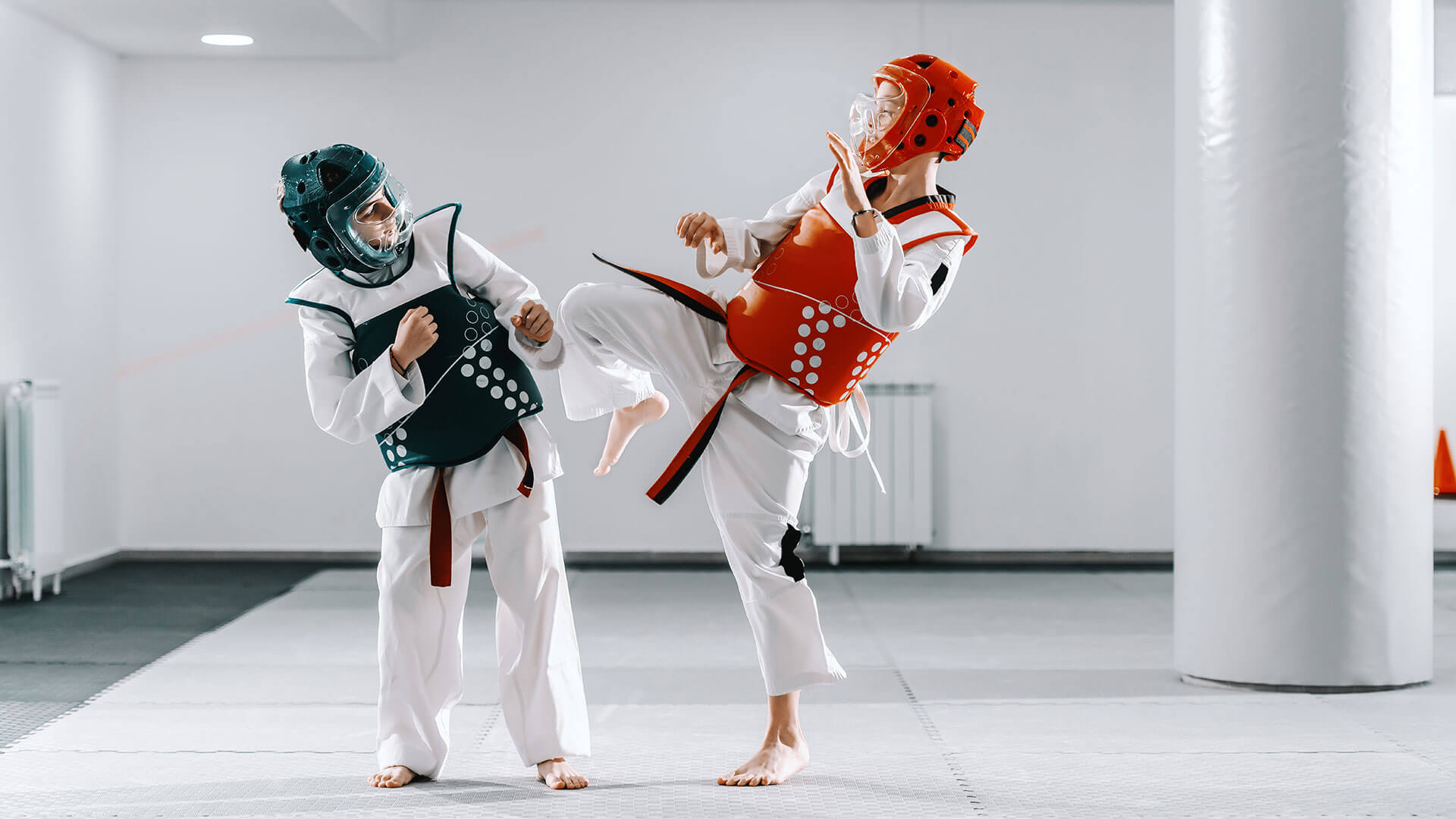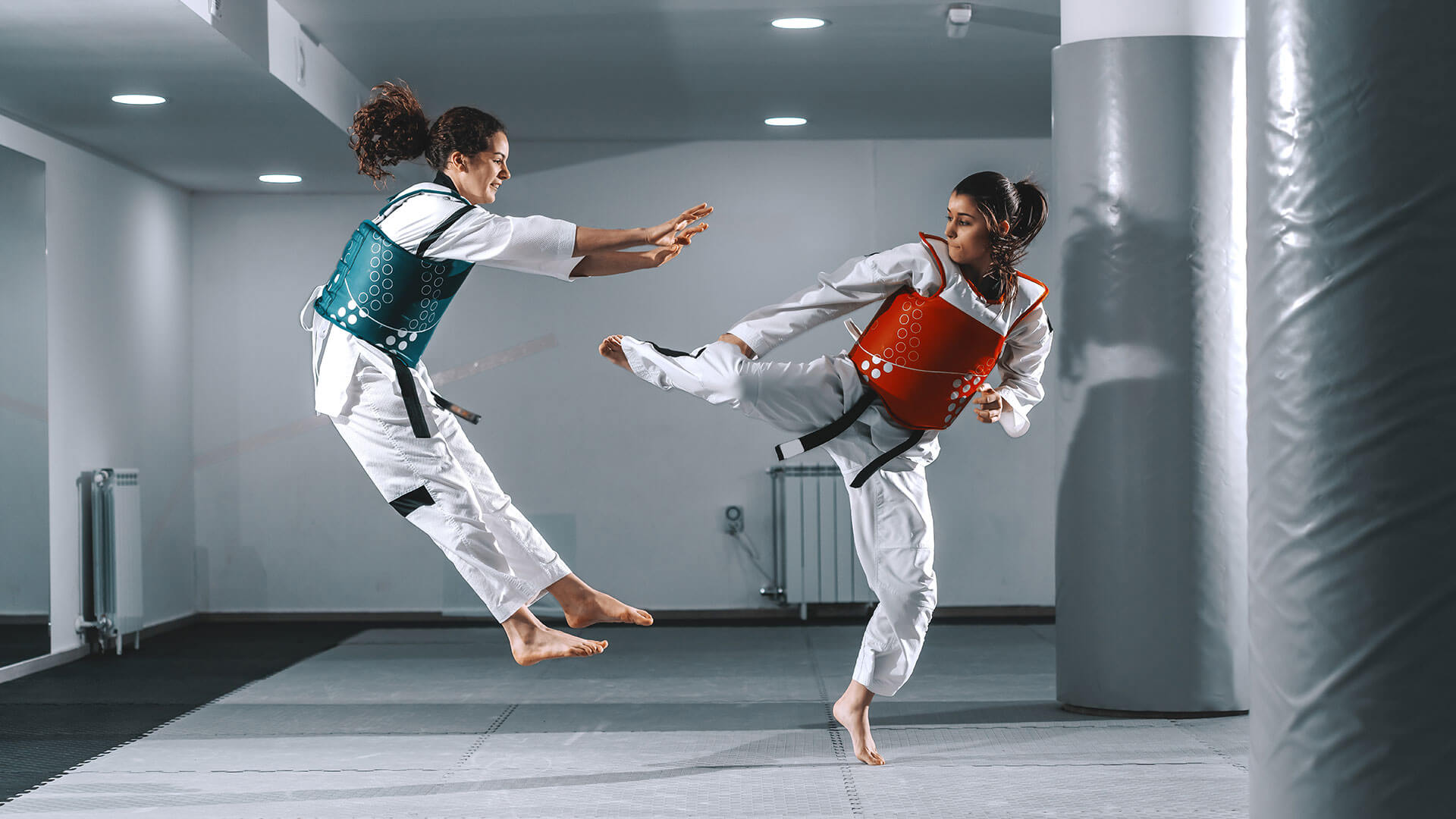Watch for signs of bullying such as fear of going to school, lack of friends, missing belongings, torn clothing, sleep disturbances or nightmares, increased fearfulness and anxiety. Look especially close if the child complains of vague illnesses, such as stomach problems or headache on school days. The child may fear retaliation and keep the bullying secret for this reason. In Australia there is a fear of being labelled a “dobber” for bringing the problem to the school’s attention. Dobbing, ratting or snitching are negative labels used by the harasser to discourage children from reporting. It takes courage to report. Reporting is done to help keep someone safe. Let the child know the bullying is unlikely to stop unless you report it and get help together.
Ask your child if there are any bullies at school. This is a good way of finding out about any existing or potential problems without asking them outright. A good place to start these conversations is in the car or other place where you have little eye-to-eye contact.
Be aware of what is happening in your child’s life. Take the time to listen to them to acknowledge their concerns. Let them know it is okay to discuss anything with you, and that you will support them fully if they have any trouble at school, including bullying. Ask your child what they think is the best course of action if there is a problem. This helps them to feel like they have some control over the issue. Consult your child with any action or decision you take, as it will affect them directly. Make it clear it is not your child’s fault.
If bullying is happening at school
Engage with the school. Introduce yourself to your child’s teacher and the principal of the school. If they know you, it is easier to discuss potential problems with them.
Have a chat with other parents that have children attending your school and ask them if any of their children are being bullied? Another parent will often tell you about an instance of bullying at school simply because no parent wants to think of their child being bullied.
Do not be afraid to speak up. It is difficult to catch a bully in the act in many instances, but if enough people speak up, a pattern will be noticed and something can be done. Give the school a reasonable amount of time to do something about the problem.
Provide the school with something in writing. If the school has a written record of bullying, they are more likely to do something. The school will need evidence to discipline a bully. If there is any evidence of the bullying such as witnesses, bruises, etc. include it, as well as times and locations of the incidents.
The vast majority of teachers and administration at schools take this issue seriously and will do what it takes to try and combat bullying. However, there are a few that have the attitude that “Kids will be kids”, and look the other way. If the teacher fails to accept responsibility, it is especially important that the parent get involved. It is also necessary to find another person at the school that has the power to do something about the problem.
Try to control your anger over the incident. If you approach the school in a respectful, but concerned manner, you will have a greater chance of getting their cooperation.
At home
Set a good example for your kids by treating everyone in your life with respect and dignity. Do not allow bullying to occur in your home or workplace. The few times I have had to suspend students from martial arts training were usually related to their inability to keep their hands to themselves. Encourage your children to take a stand whenever they see bullying.
Practice role-playing. Encourage your child to react calmly and confidently to taunting. Help your child understand that responding with physical aggression or insults will usually make the problem worse. For example, have your child practice saying “Leave me alone” in a loud commanding voice and then walking away.
Teach your child how to show confidence rather than shyness and vulnerability. Children can learn to look people in the eye and speak up when they talk.
Get your child into a martial arts program. There is truth in the saying “We learn to fight in the martial arts so we do not have to”. A martial artist walks with confidence, but rarely has to use their skills. Any bully can sense it. A lack of confidence plays a big factor in whom the bully selects to intimidate. Another big benefit of martial arts is the friendship that is promoted in classes, and this will also help your child.
Bullying is not something we have to accept. It should not be considered a “normal part of growing up”. It is damaging to the child’s psyche and can have life-long consequences. It leads to absenteeism at school and poor academic performance. Bullying has even contributed to youth suicide. Children should not be afraid to go to school or play outdoors. They all have a right to feel safe. Do you have any other ideas that will help parents deal with the problem of bullying?
I found this blog on Australian Martial arts website
http://www.karate-kids.com.au/category/bullying-and-self-defence-for-kids/







